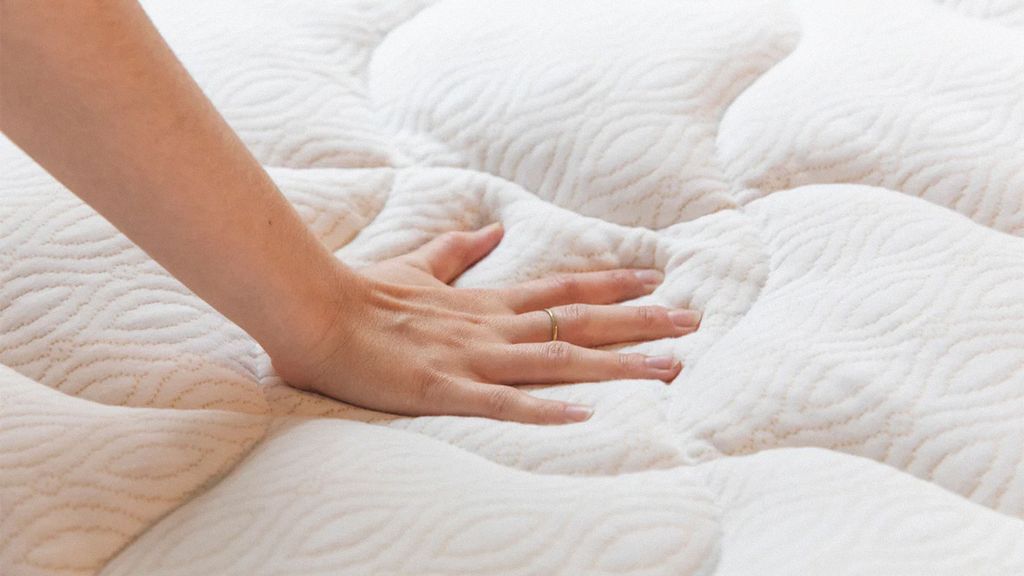Clogged Bathroom Sink Drains: Causes and Solutions
If you've ever experienced a slow-draining bathroom sink, you know how frustrating it can be. Not only does it take forever for the water to go down, but it also leaves behind a pool of dirty water and can even lead to unpleasant odors in the bathroom. But before you reach for harsh chemicals or call a plumber, it's important to understand the common causes of clogged bathroom sink drains and how to fix them.
How to Fix a Slow-Draining Bathroom Sink
There are a few simple steps you can take to fix a slow-draining bathroom sink. First, try pouring some hot water down the drain, followed by a mixture of baking soda and vinegar. Let it sit for a few minutes before flushing it down with more hot water. This can help break down any buildup in the pipes and get the water flowing again.
If that doesn't work, you can try using a plunger to loosen any clogs. Make sure to cover the overflow hole with a wet cloth before plunging to create a proper seal. If the clog is still not budging, you may need to remove the sink stopper and manually remove any debris or buildup.
Troubleshooting Slow Draining Sinks
If your bathroom sink drains slowly, it's important to figure out what's causing the issue. One common culprit is hair buildup in the drain. This can easily be prevented by using a drain cover or by regularly cleaning out the drain with a hair-catching tool.
Another common cause is soap scum and mineral buildup. Over time, these substances can accumulate in the pipes and cause blockages. To prevent this, you can use a homemade or store-bought drain cleaner once a month to keep your pipes clear.
DIY Tips for Unclogging a Bathroom Sink
If you prefer a more natural approach to unclogging your bathroom sink, there are a few DIY methods you can try. As mentioned before, a mixture of baking soda and vinegar can help break down buildup in the pipes. You can also try using a combination of salt, baking soda, and hot water to dissolve any clogs.
For tougher clogs, you can use a plumbing snake to manually remove the blockage. Just be sure to follow the instructions carefully and use caution to avoid damaging your pipes.
Common Causes of Slow Draining Bathroom Sinks
Aside from hair and soap scum buildup, there are a few other common causes of slow draining bathroom sinks. One is a clogged vent pipe, which can happen if it becomes blocked by debris or even a bird's nest. Another cause is a broken or damaged pipe, which can occur over time due to wear and tear.
If you're experiencing frequent slow draining sinks, it may be a sign of a more serious issue and it's best to consult a professional plumber to properly diagnose and fix the problem.
How to Clear a Clogged Bathroom Sink Drain
If your bathroom sink is completely clogged and not draining at all, you may need to take more drastic measures to clear the blockage. One option is to use a plumbing auger, also known as a drain snake, which can break up and remove stubborn clogs.
Another option is to use a chemical drain cleaner, but be cautious as these can be harsh and damaging to your pipes. If you do choose to use a chemical cleaner, make sure to follow the instructions carefully and use protective gear.
Simple Solutions for Slow Draining Sinks
The best way to prevent slow draining sinks is to be proactive in keeping them clean and clear. This can be as simple as using a drain cover to catch hair and debris, regularly cleaning the drain with natural cleaners, and being mindful of what you put down the drain.
Avoid pouring grease, cooking oils, and harsh chemicals down the drain, as these can cause buildup and lead to clogs. Also, consider installing a water softener if you have hard water, as this can help prevent mineral buildup in your pipes.
Tips for Preventing Slow Draining Bathroom Sinks
Prevention is key when it comes to dealing with slow draining bathroom sinks. In addition to the tips mentioned above, there are a few other things you can do to keep your sinks running smoothly. Regularly clean and maintain your sink stopper and overflow drain to prevent any obstructions. Also, avoid using your sink as a garbage disposal and dispose of food scraps and other waste properly.
It's also a good idea to have your plumbing system inspected and maintained by a professional plumber every few years to catch any potential issues before they become major problems.
Professional Solutions for Slow Draining Bathroom Sinks
If you've tried all the DIY methods and your bathroom sink is still draining slowly, it may be time to call in the professionals. A plumber can use specialized tools and techniques to clear even the toughest clogs and get your sink draining like new again.
They can also identify and address any underlying issues, such as damaged pipes or a clogged vent, to prevent future problems with your bathroom sink draining slowly.
Signs That Your Bathroom Sink Drain Needs to be Cleaned
While a slow-draining sink is the most obvious sign of a clogged drain, there are a few other signs that may indicate that your bathroom sink drain needs to be cleaned. These include gurgling noises coming from the drain, foul odors, and water backing up in other drains in your home.
If you notice any of these signs, it's important to address the issue as soon as possible to prevent further damage and costly repairs.
Bathroom Sink Drains Very Slowly: Causes and Solutions

The Frustration of a Slow-Draining Sink
 The bathroom sink is an essential fixture in any home, used daily for tasks such as brushing teeth, washing hands, and cleaning our faces. So, when it starts draining slowly, it can be a major inconvenience and frustration. Not only does it make these everyday tasks take longer, but it can also lead to unpleasant odors and potential water damage. If your
bathroom sink drains very slowly
, it's important to address the issue as soon as possible, and here's why.
The bathroom sink is an essential fixture in any home, used daily for tasks such as brushing teeth, washing hands, and cleaning our faces. So, when it starts draining slowly, it can be a major inconvenience and frustration. Not only does it make these everyday tasks take longer, but it can also lead to unpleasant odors and potential water damage. If your
bathroom sink drains very slowly
, it's important to address the issue as soon as possible, and here's why.
Understanding the Causes of a Slow-Draining Sink
 There are several reasons why your bathroom sink may be draining slowly, and identifying the root cause is the first step in finding a solution. One common cause is a clogged drain. Over time, hair, soap scum, and other debris can build up in the drainpipe, restricting the flow of water. Another possible culprit is a blocked air vent. This vent allows air to escape as water flows down the drain, but if it becomes blocked, the air cannot escape, and the water drains slowly. Finally, an issue with the plumbing system, such as a pipe blockage or a damaged pipe, can also cause a slow-draining sink.
There are several reasons why your bathroom sink may be draining slowly, and identifying the root cause is the first step in finding a solution. One common cause is a clogged drain. Over time, hair, soap scum, and other debris can build up in the drainpipe, restricting the flow of water. Another possible culprit is a blocked air vent. This vent allows air to escape as water flows down the drain, but if it becomes blocked, the air cannot escape, and the water drains slowly. Finally, an issue with the plumbing system, such as a pipe blockage or a damaged pipe, can also cause a slow-draining sink.
Solving the Problem
 If your
bathroom sink drains very slowly
, there are a few solutions you can try before calling a professional plumber. For a clogged drain, you can use a plunger or a drain snake to try and remove the blockage. You can also try using a mixture of baking soda and vinegar to break down any buildup in the drain. If the problem is a blocked air vent, you may need to call a plumber to clear it out. And for more significant plumbing issues, it's best to seek professional help to prevent further damage to your pipes.
If your
bathroom sink drains very slowly
, there are a few solutions you can try before calling a professional plumber. For a clogged drain, you can use a plunger or a drain snake to try and remove the blockage. You can also try using a mixture of baking soda and vinegar to break down any buildup in the drain. If the problem is a blocked air vent, you may need to call a plumber to clear it out. And for more significant plumbing issues, it's best to seek professional help to prevent further damage to your pipes.








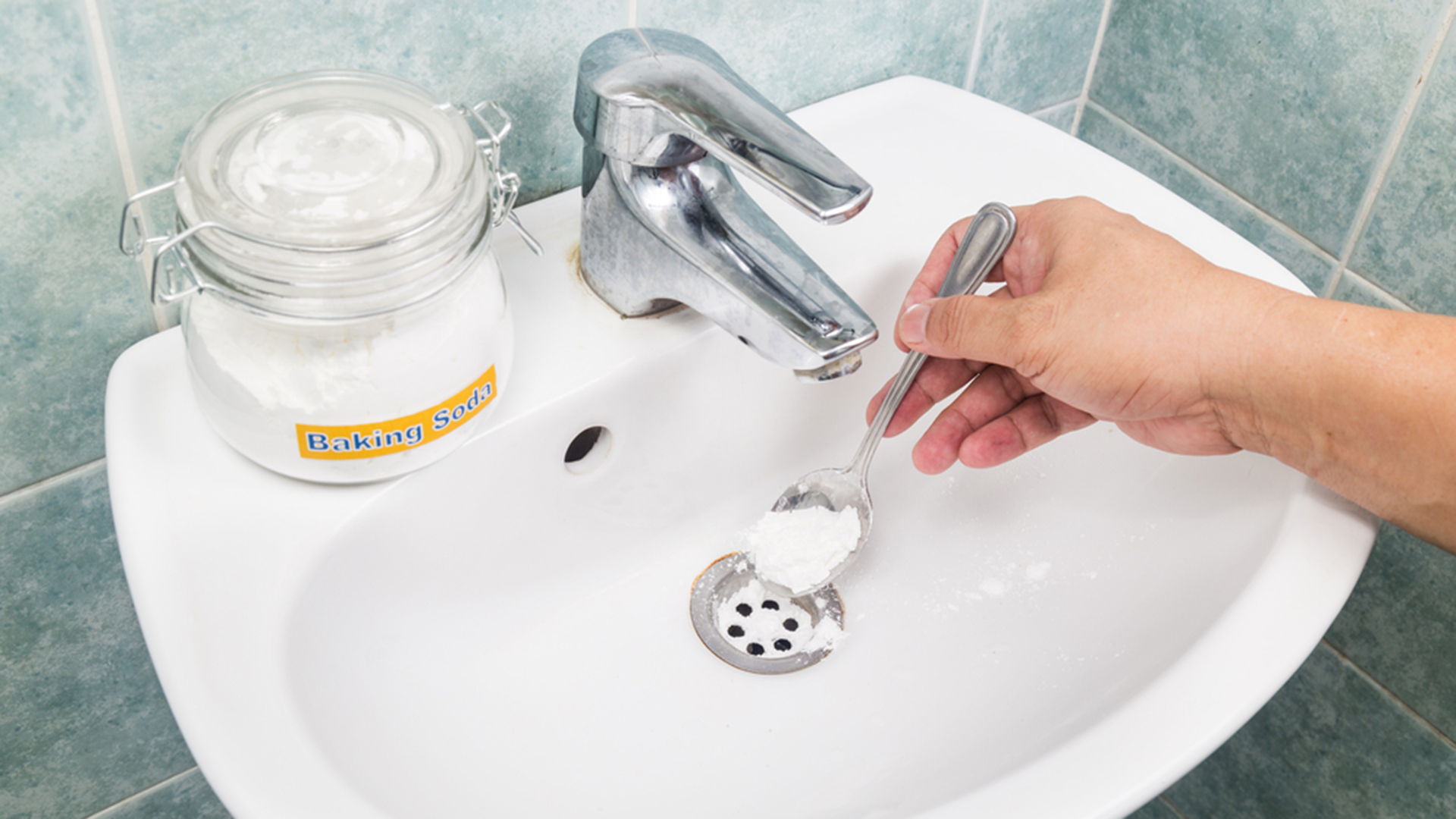
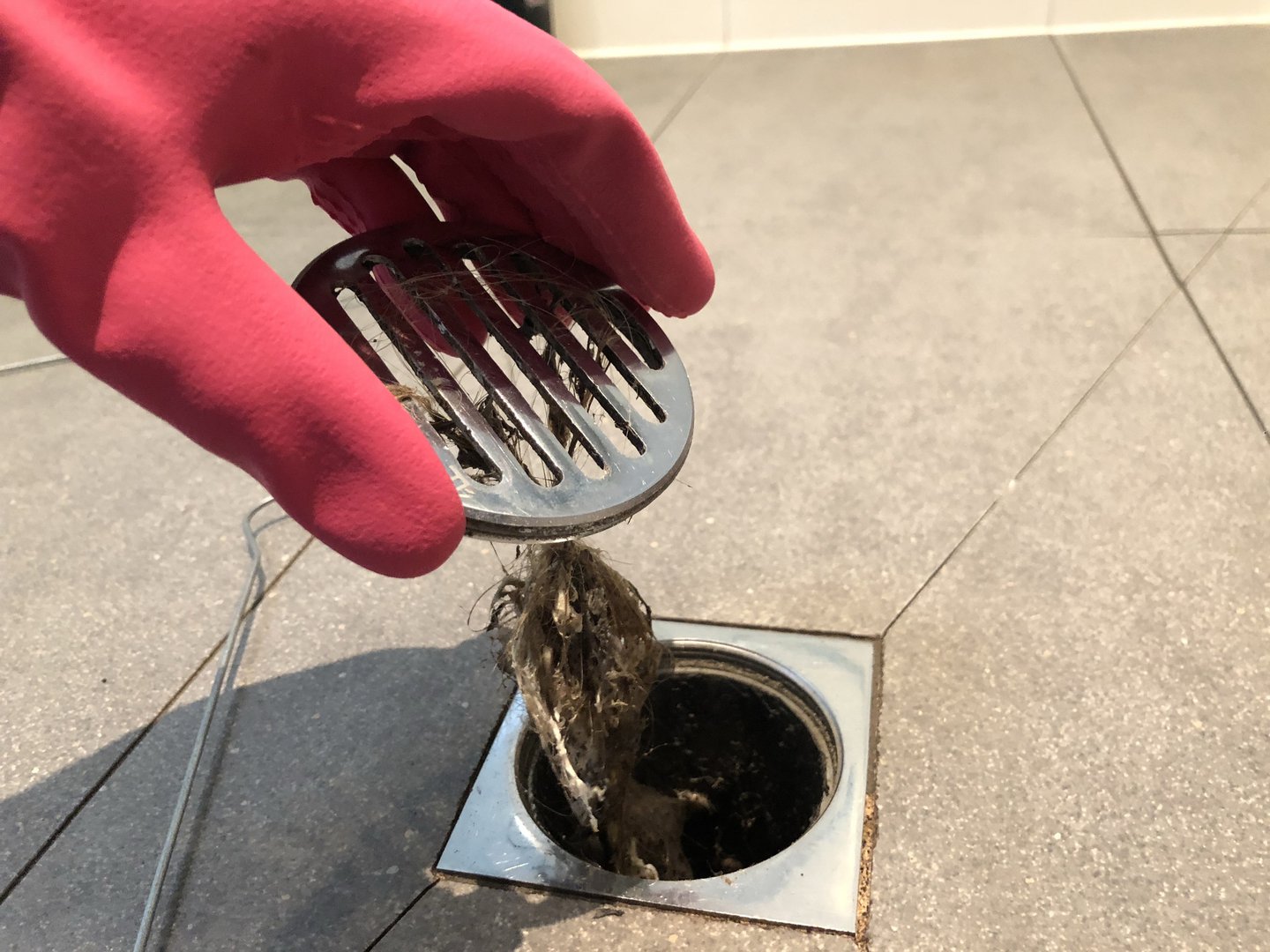
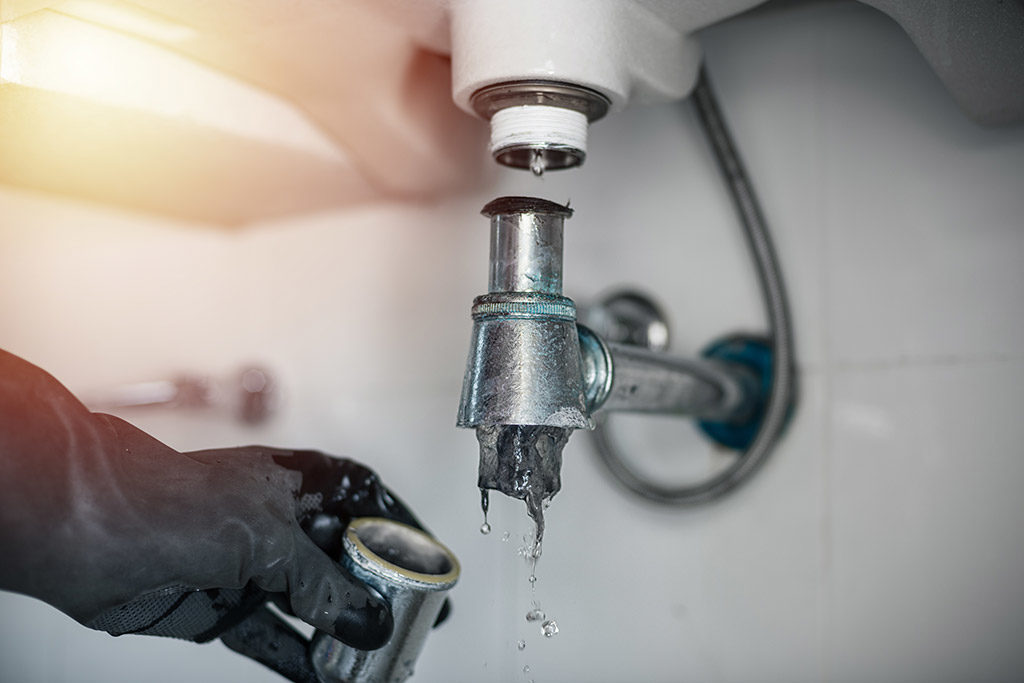












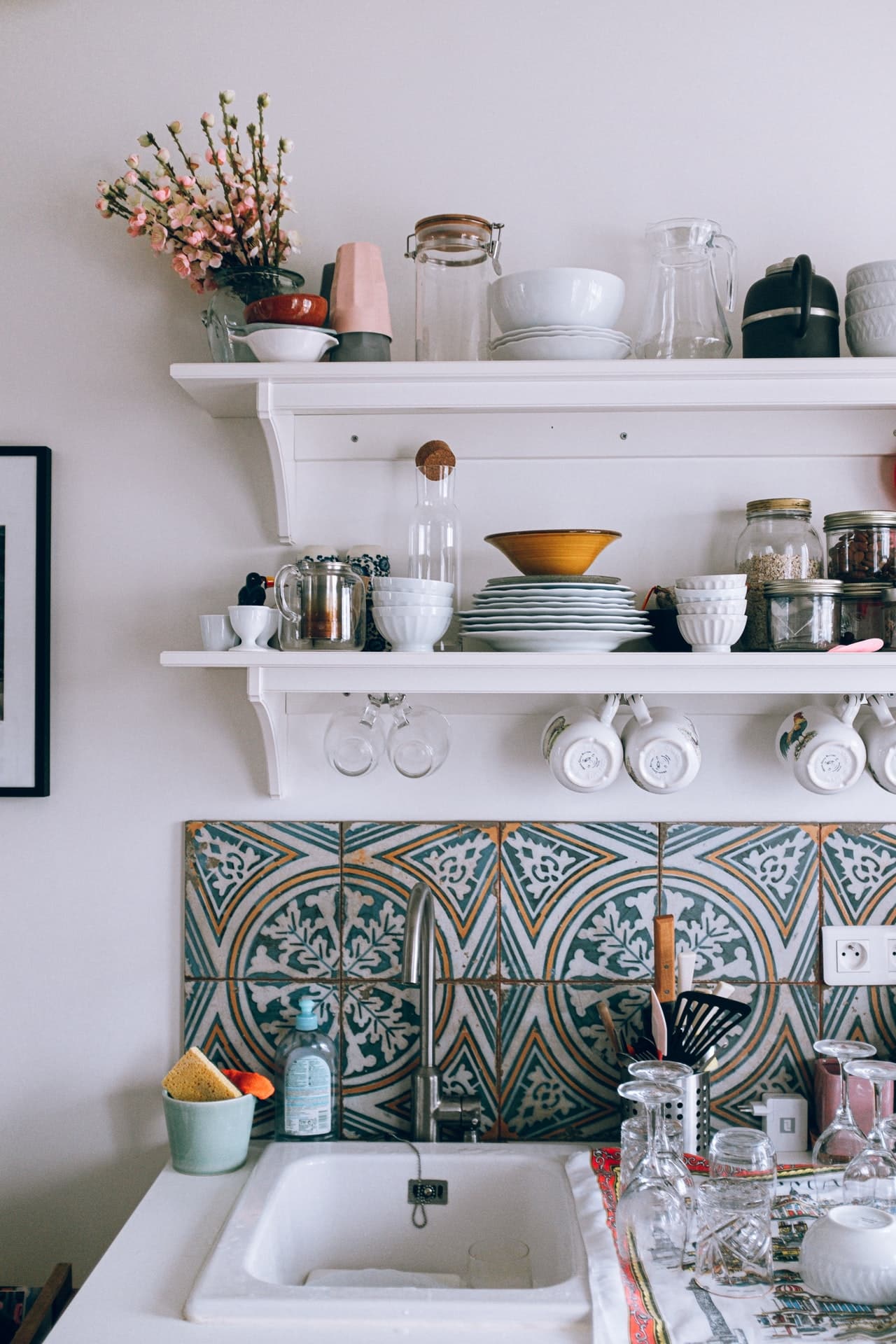

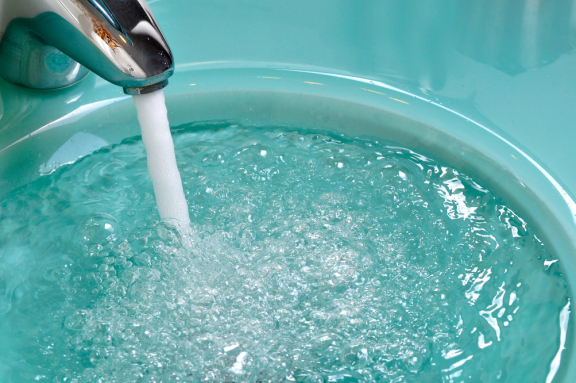

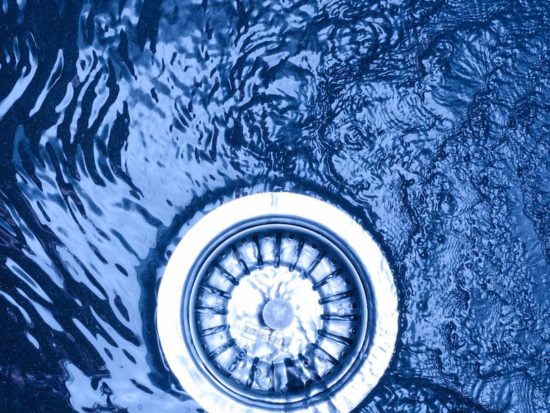


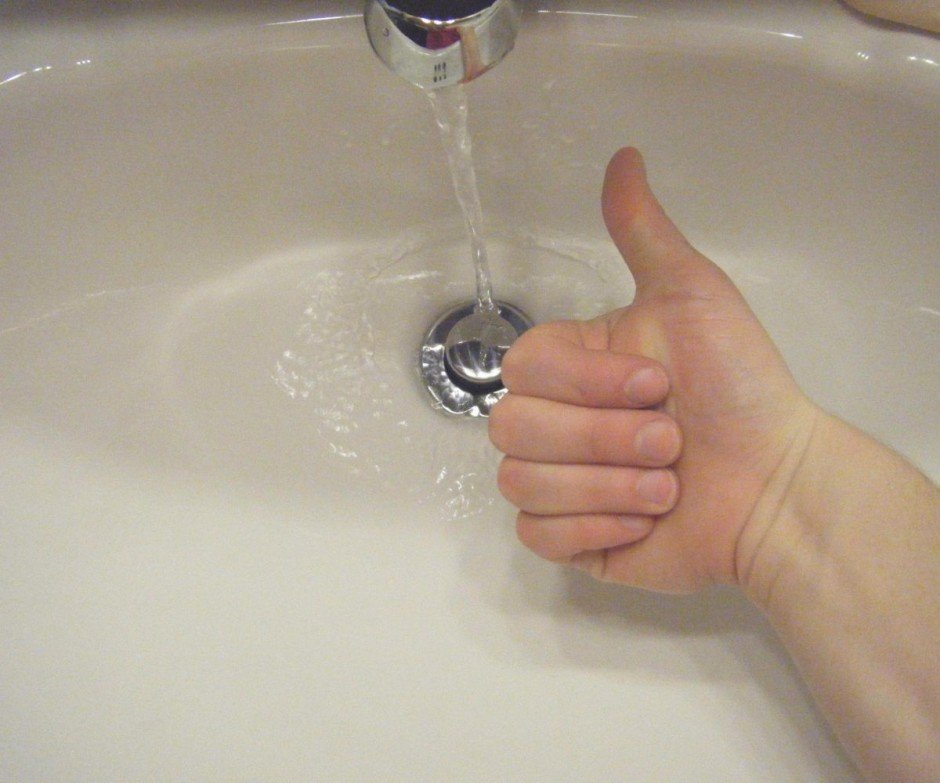



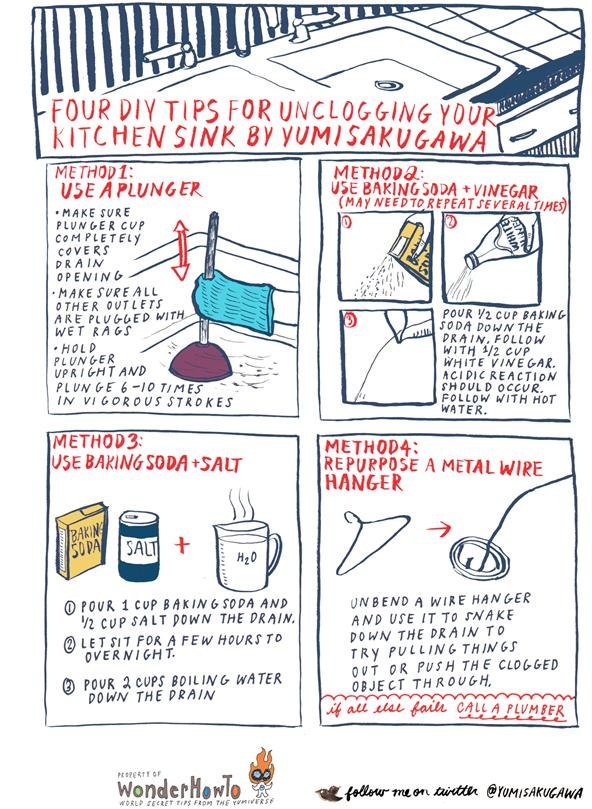




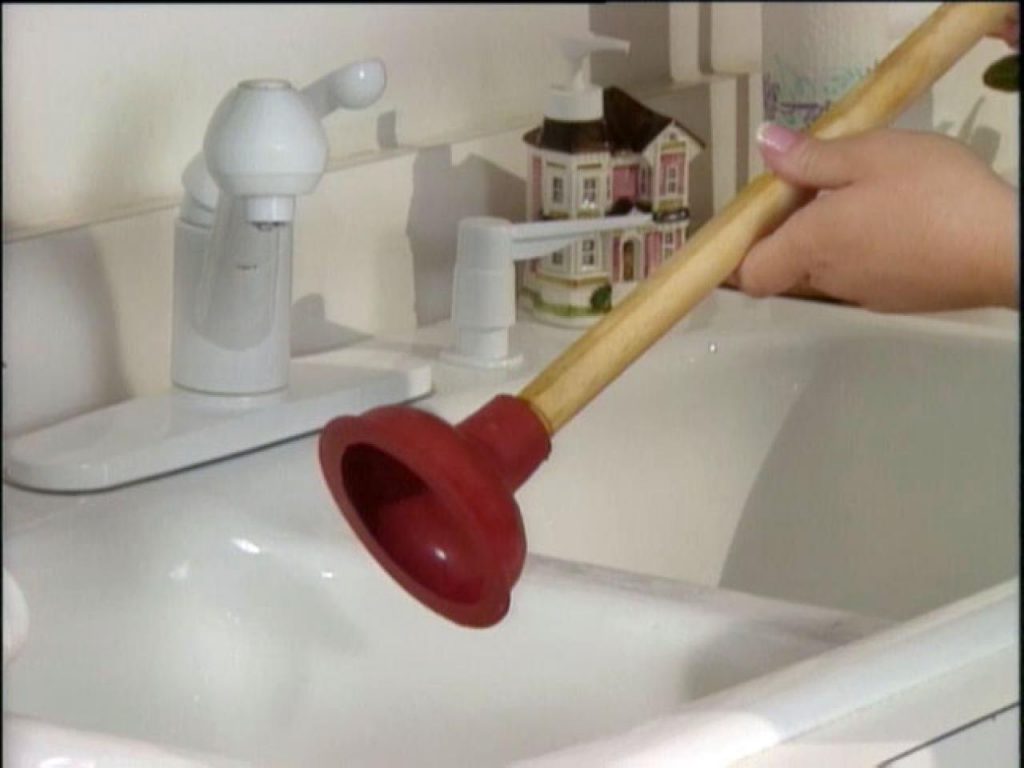





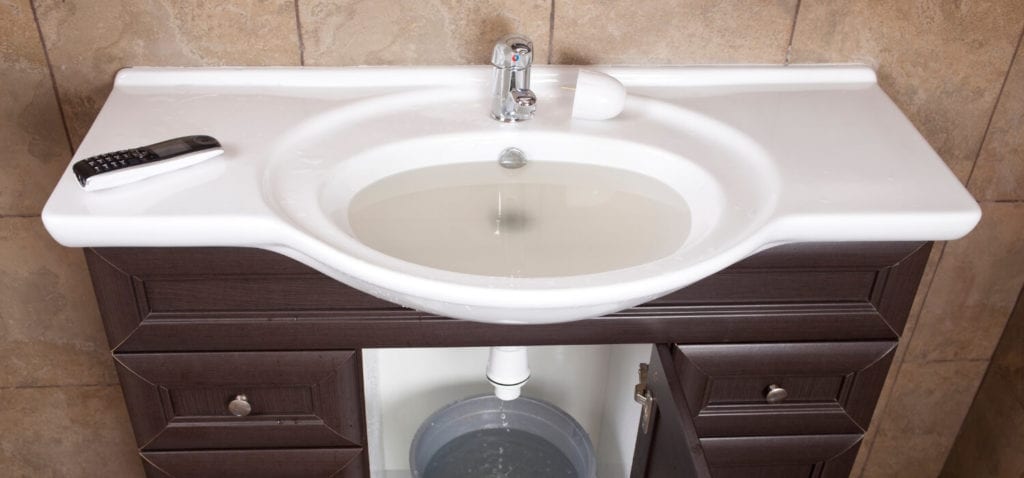
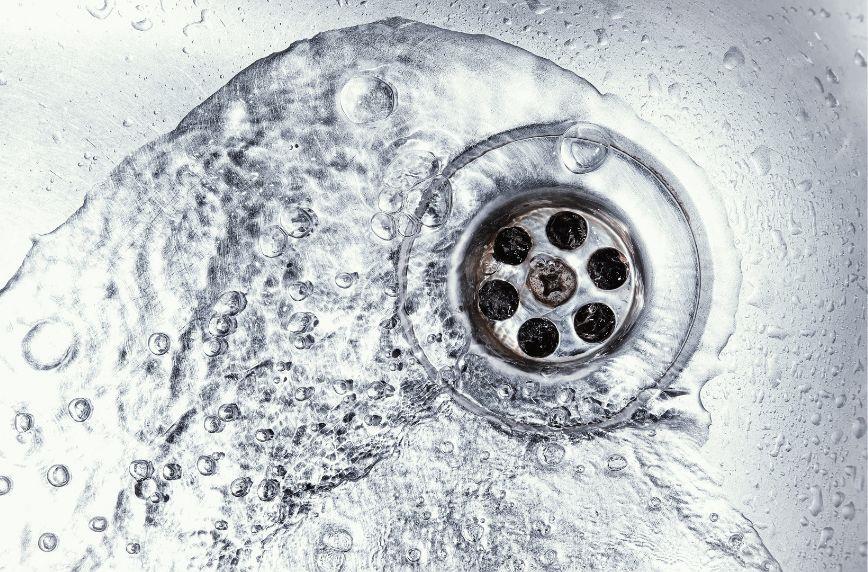



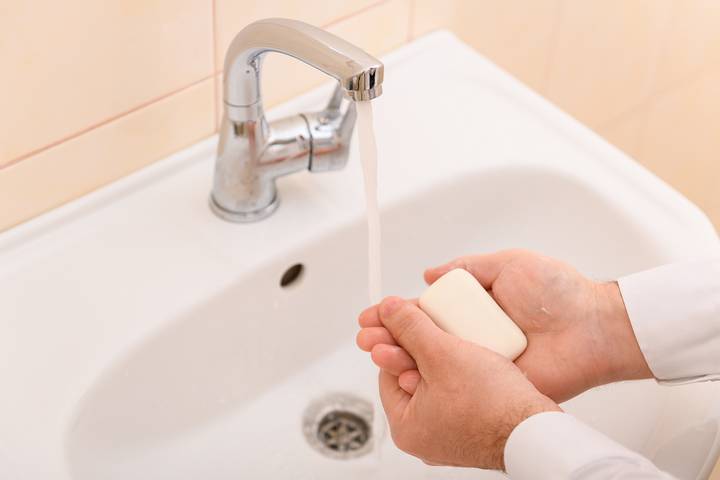





:max_bytes(150000):strip_icc()/freshen-and-unclog-drain-with-baking-soda-1900466-22-bbf940b70afa4d5abef0c54da23b1d3f.jpg)
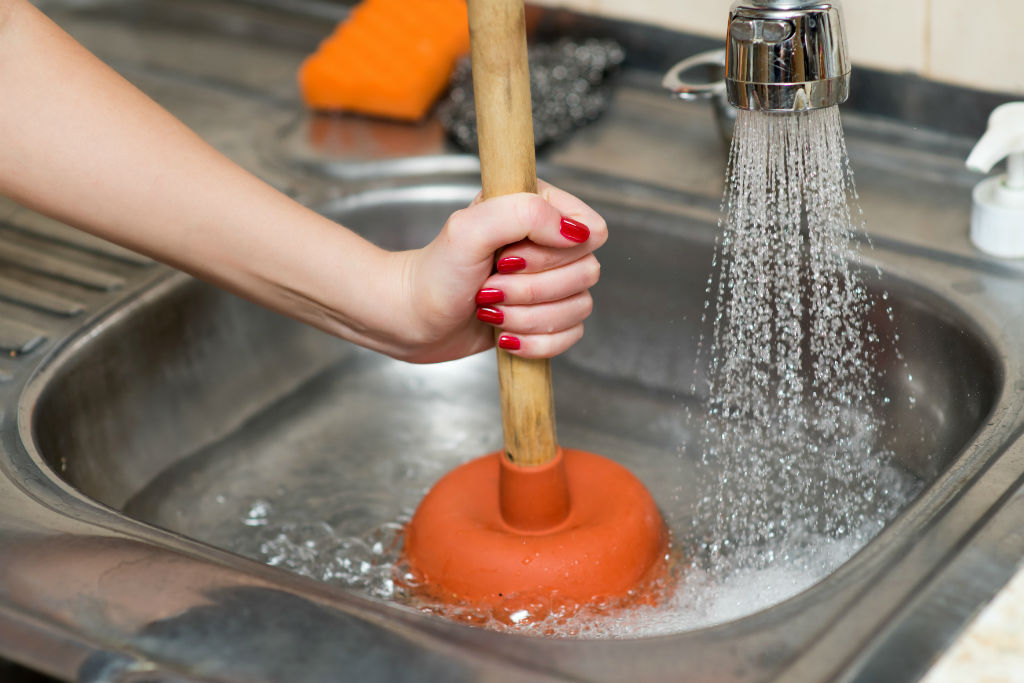



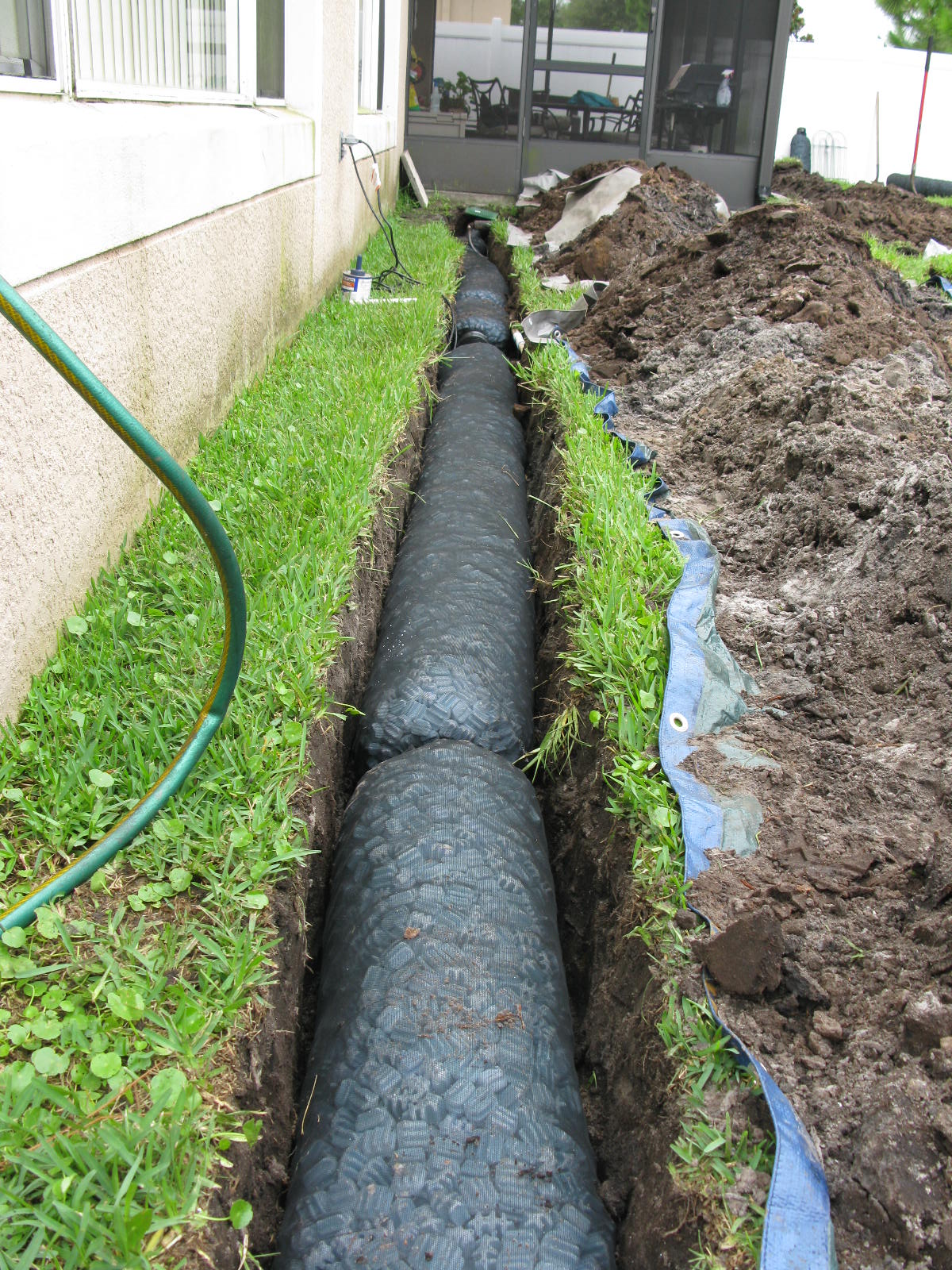

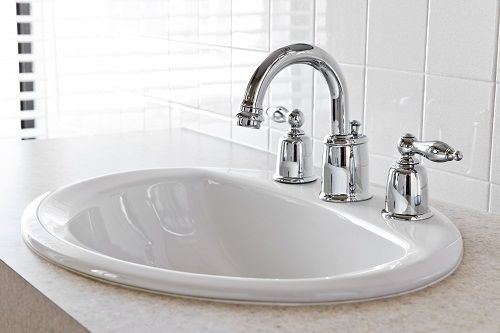
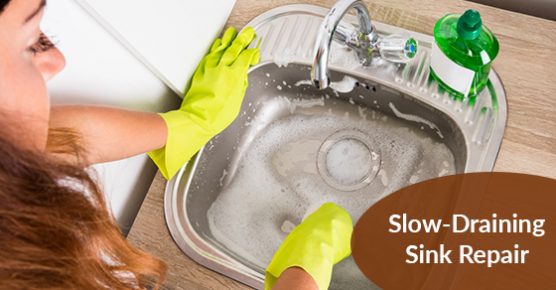





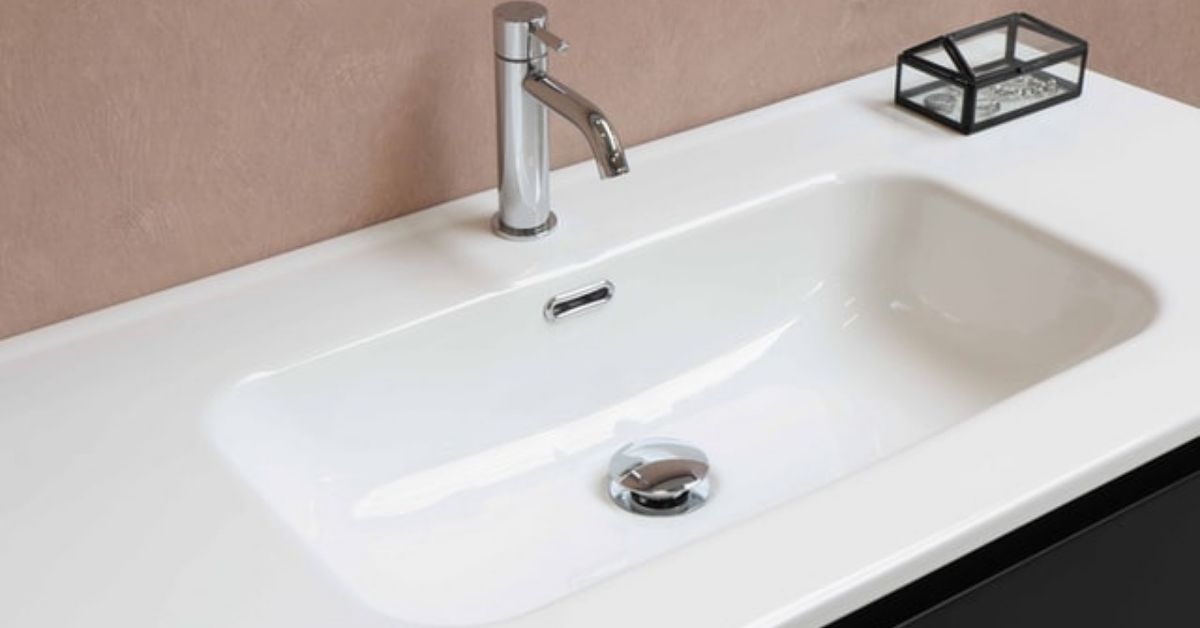
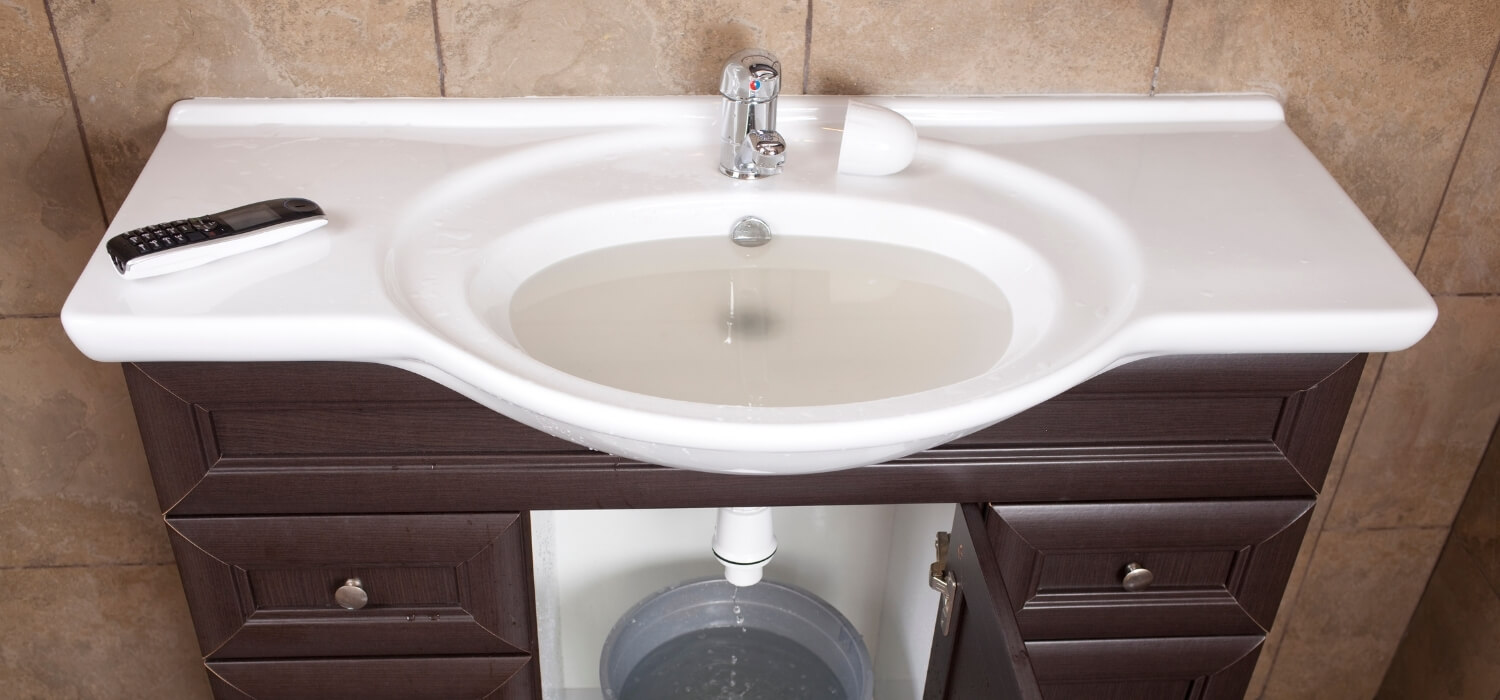
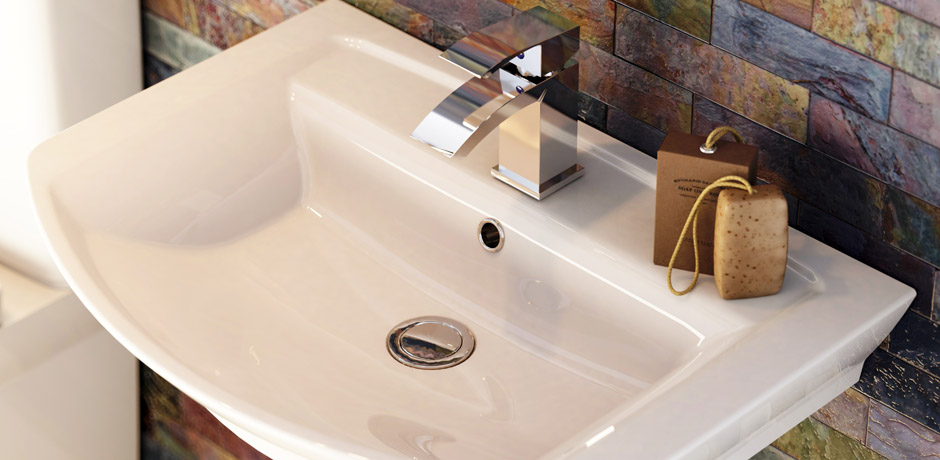
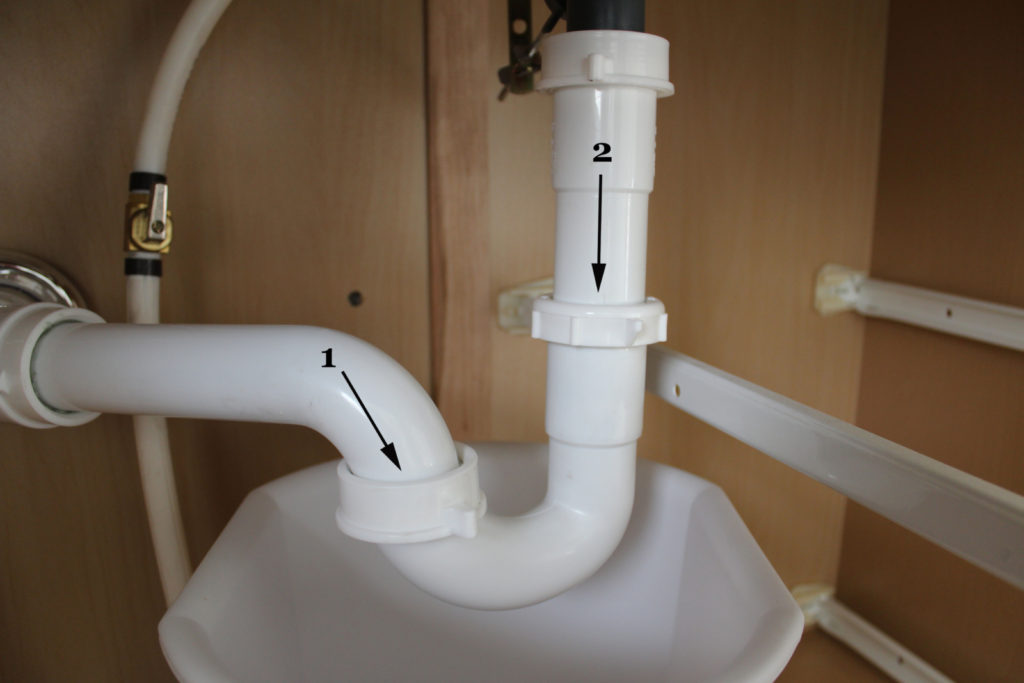








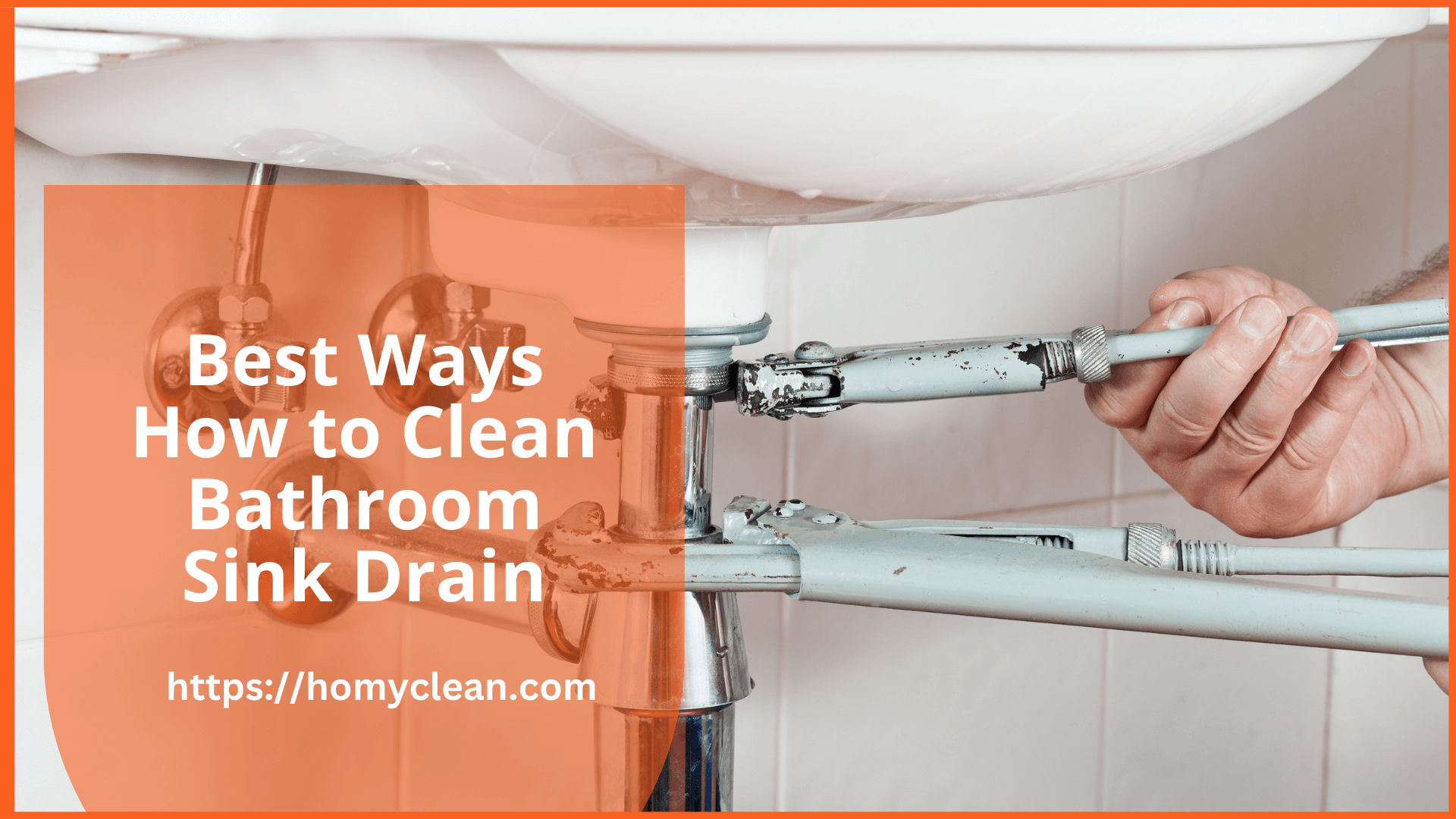
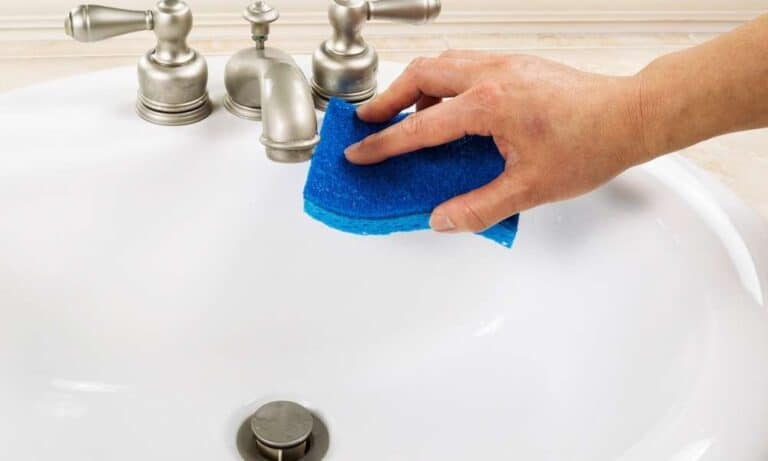
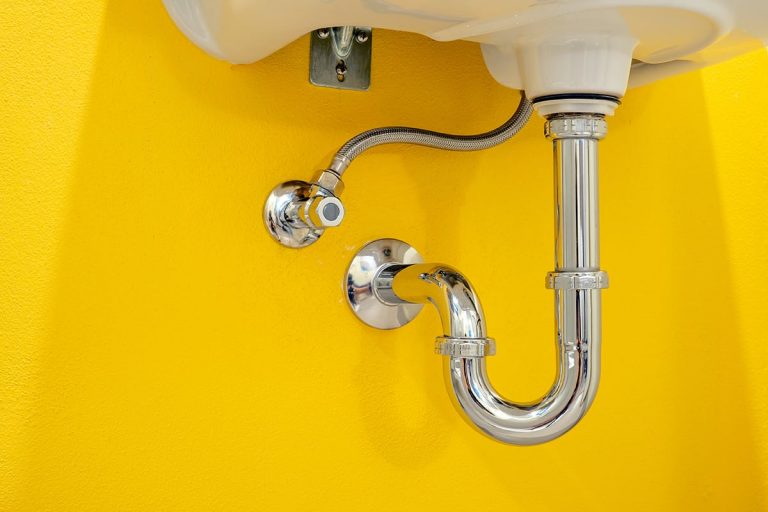



:strip_icc()/how-to-clean-a-bathroom-sink-drain-01-c728294c8bee42428afdf3e69f449279.jpg)




